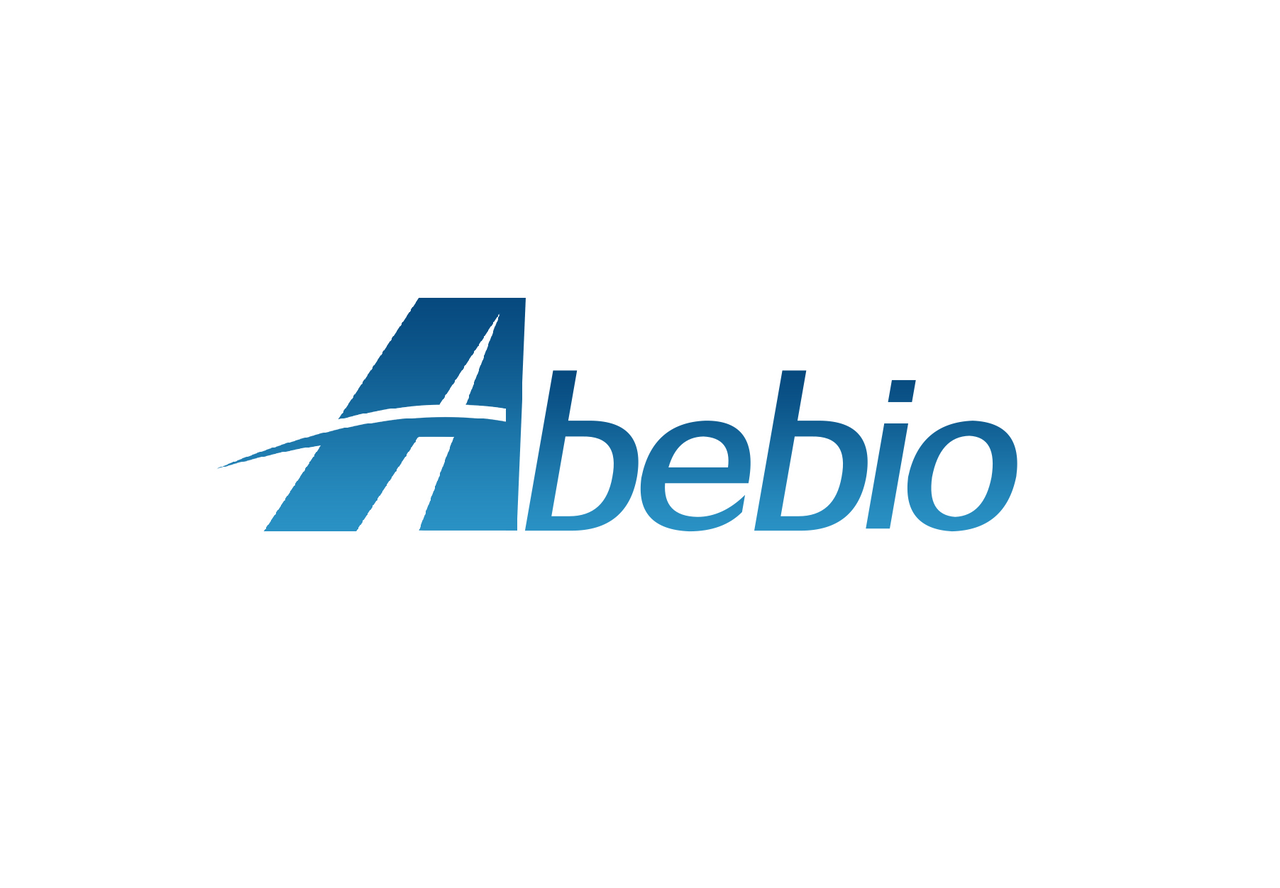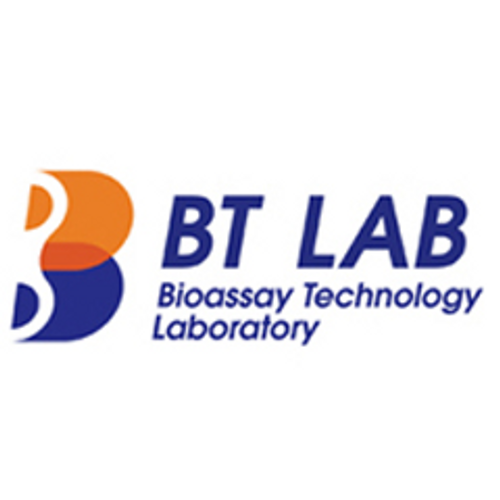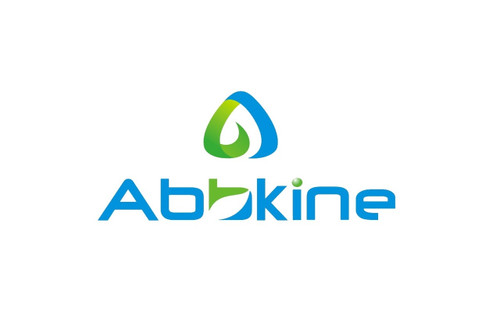Product Description
Human Alpha-1B-glycoprotein (A1BG) ELISA Kit | AE22969HU | Abebio
Species Reactivity: Human (Homo sapiens)
Abbreviation: A1BG
Alternative Name: A1B; ABG; DKFZp686F0970; GAB; HYST2477; alpha 1B-glycoprotein
Application: ELISA
Range: 0.312-20 ng/mL
Sensitivity: 0.147 ng/mL
Intra-Assay: ≤5.7%
Inter-Assay: ≤7.9%
Recovery: 0, 88
Sample Type: Serum, Plasma, Other biological fluids
Detection Method: Sandwich
Analysis Method : Quantitive
Test Principale: This assay employs a two-site sandwich ELISA to quantitate A1BG in samples. An antibody specific for A1BG has been pre-coated onto a microplate. Standards and samples are pipetted into the wells and anyA1BG present is bound by the immobilized antibody. After removing any unbound substances, a biotin-conjugated antibody specific for A1BG is added to the wells. After washing, Streptavidin conjugated Horseradish Peroxidase (HRP) is added to the wells. Following a wash to remove any unbound avidin-enzyme reagent, a substrate solution is added to the wells and color develops in proportion to the amount of A1BG bound in the initial step. The color development is stopped and the intensity of the color is measured.
Product Overview: Alpha-1B-glycoprotein is present in normal adult plasma at an average concentration of 22 mg/dl. Gahne et al. (1987) observed genetic polymorphism of A1B using one-dimensional horizontal polyacrylamide gel electrophoresis followed by Western blotting with specific antiserum. Three different phenotypes, designated 1-1, 1-2, and 2-2, were observed. Family data supported the hypothesis that the three phenotypes are determined by 2 codominant alleles at an autosomal locus. In pigs the homologous locus is linked to malignant hyperthermia. Several other linkages in pigs and in horses suggest that human chromosomes 19, 6, and 1 are 'candidate chromosomes' for bearing the human A1B.
Stability: The stability of ELISA kit is determined by the loss rate of activity. The loss rate of this kit is less than 5% within the expiration date under appropriate storage condition. The loss rate was determined by accelerated thermal degradation test. Keep the kit at 37°C for 4 and 7 days, and compare O.D.values of the kit kept at 37°C with that of at recommended temperature. (referring from China Biological Products Standard, which was calculated by the Arrhenius equation. For ELISA kit, 4 days storage at 37°C can be considered as 6 months at 2 - 8°C, which means 7 days at 37°C equaling 12 months at 2 - 8°C) .
 Euro
Euro
 USD
USD
 British Pound
British Pound
 NULL
NULL








